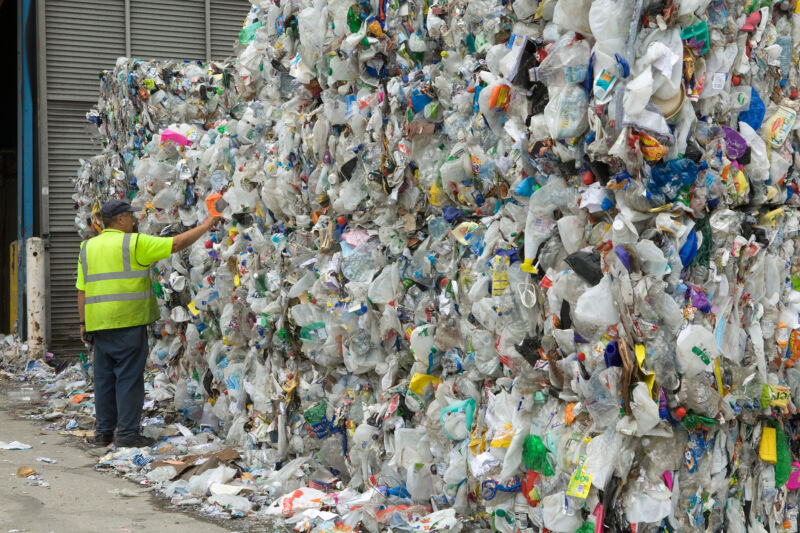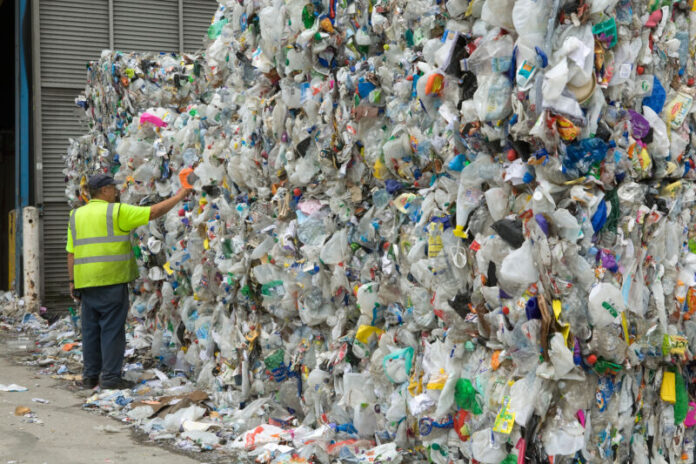
Enlarge (credit: Derek Berwin)
Our planet is choking on plastics. Some of the worst offenders, which can take decades to degrade in landfills, are polypropylene—which is used for things such as food packaging and bumpers—and polyethylene, found in plastic bags, bottles, toys, and even mulch.
Polypropylene and polyethylene can be recycled, but the process can be difficult and often produces large quantities of the greenhouse gas methane. They are both polyolefins, which are the products of polymerizing ethylene and propylene, raw materials that are mainly derived from fossil fuels. The bonds of polyolefins are also notoriously hard to break.
Now, researchers at the University of California, Berkeley have come up with a method of recycling these polymers that uses catalysts that easily break their bonds, converting them into propylene and isobutylene, which are gasses at room temperature. Those gasses can then be recycled into new plastics.
Read 13 remaining paragraphs | Comments
Ars Technica - All contentContinue reading/original-link]




